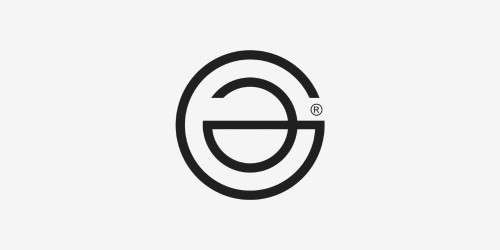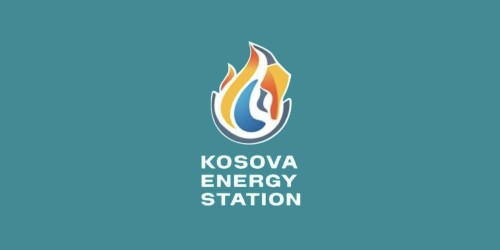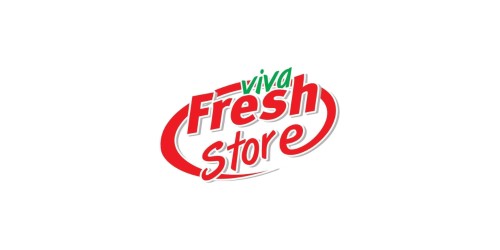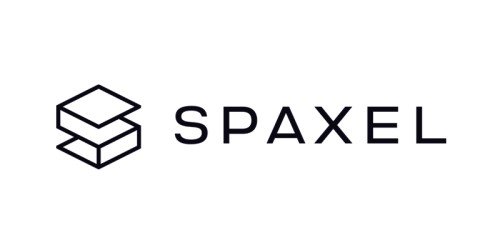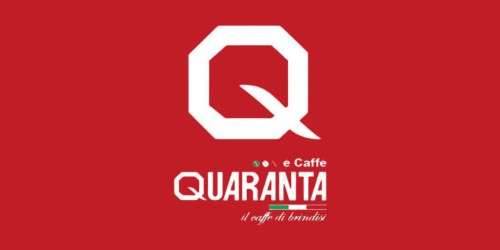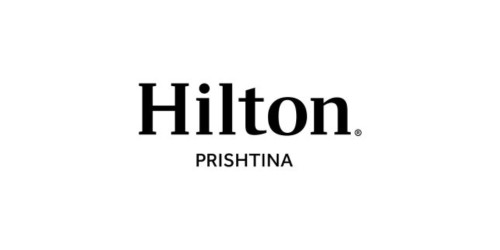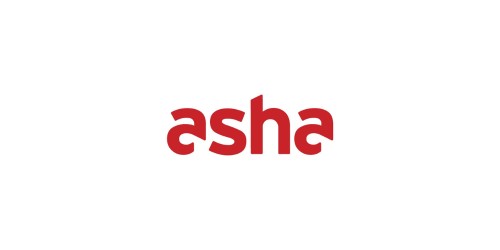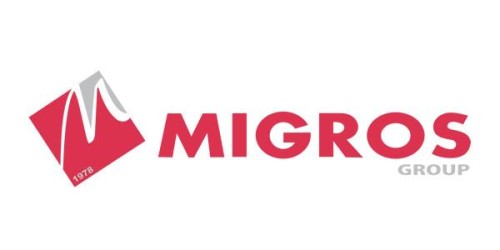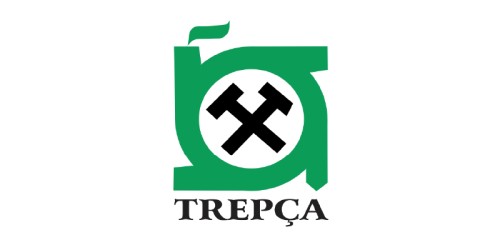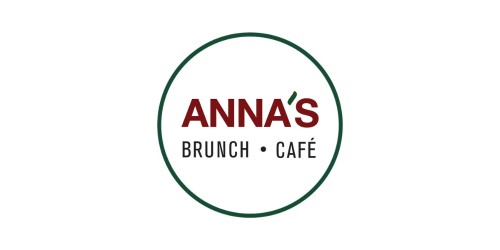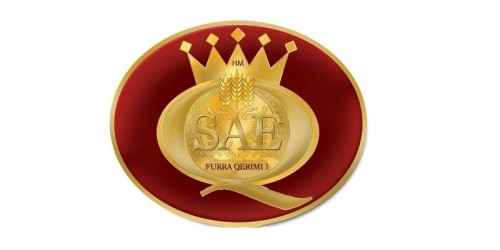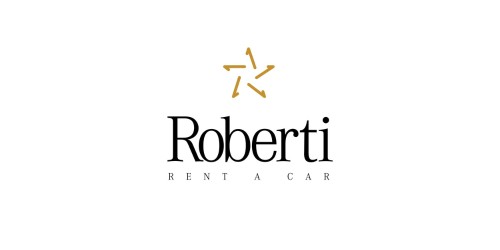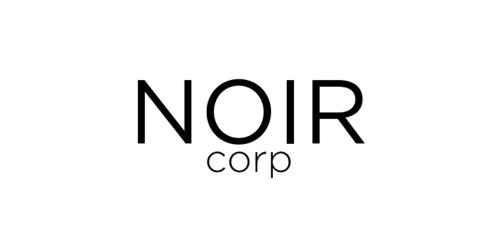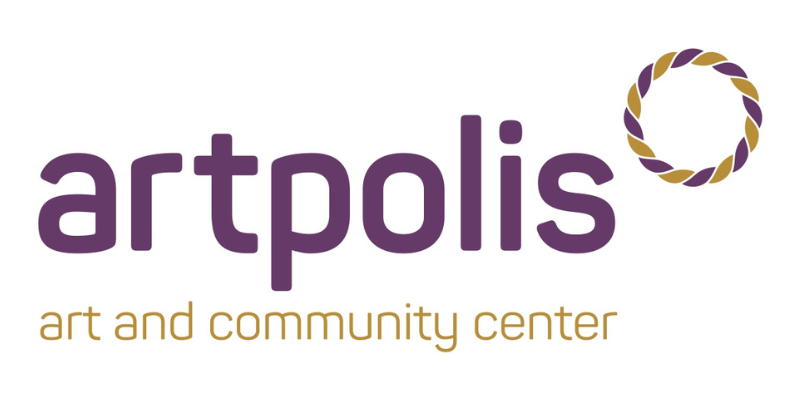
Terms of reference
Gender-Responsive External Evaluation
ARTPOLIS – Jointly and creatively against Gender Based Violence (GBV).
Organisation: ARTPOLIS
Place: Kosovo
Evaluation period: approx. 15 days between September and October 2023
Mandated by: cfd – the feminist peace organisation
- Background
- Information on the mandating organisation: cfd
The Swiss NGO cfd (cfd - The Feminist Peace Organization, www.cfd-ch.org) is a peace and development organisation working towards gender equality, the empowerment of women and participation of women in conflict resolution and peace building efforts. Its regional focus is around the Mediterranean (Southeastern Europe, Maghreb and Middle East).
cfd’s engagement in Southeastern Europe goes back to 1996 and remained ever since a key element in the international cooperation program of the organisation. cfd cooperates with local NGOs, mostly local women’s organisations, human right’s organisations, organisations engaged in inclusive economic development and other NGOs with already defined gender-sensitive approaches or who are interested to further developing their inclusive intervention strategies. Cfd engages in the following sectors: prevention of sexual and gender-based violence (SGBV), income generation and social and political inclusion. At the moment, in Kosovo cfd is supporting projects in all three thematic fields.
- Information on the partner organisation:
Artpolis is a registered Non-Governmental Organization established in Prishtina, Kosovo in 2004. Through its mission it supports and protects women’s rights as part of universal human rights, by conducting activities such as trainings and capacity building for women and youth from different ethnicity and addressing social issues through theatre-based education, activism, project managing and leadership skills. Artpolis promotes diversity through culture, arts and multi-ethnic coexistence by using theatre as a tool for community empowerment. Artpolis is a community-based organization that offers all activities to community members free of charge.
- Short description of the project to be evaluated
The project “NDAL/STOP - Jointly and creatively against Gender Based Violence (GBV)” is being implemented from 2021 until 2023.
The overall goal of the project is to contribute towards achieving gender justice and empowerment of women and youth in Kosovo by increasing anti-violence against women attitudes and promoting women’s rights.
Outcome 1: Artists & activists as agents of change mobilized.
Output 1.1: “Artivists” group of people, as agents of change, established and operating.
Output 1.2: Artists are engaged to work with Youth and communities.
Output 1.3. Artistic content produced and performed in communities and festivals.
Outcome 2: Youth and women in rural areas are empowered to combat violence.
Output 2.1: Women and Youth equipped with skills and knowledge to combat violence through art.
Output 2.2: Non-formal groups established and functional.
Output 2.3. Youth performances and discussions increased community awareness on violence prevention in rural areas.
Outcome 3: Anti-violence agenda is well-known and actively used by other actors in the public domain.
Output 3.1. Media reporting on violence enhanced
Output 3.2. Raised public awareness through information campaigns.
Output 3.3. Fostering public debate on violence prevention.
The project to be evaluated has been supported by cfd since 2021. The project period to be evaluated is from January 2021 to June 2023.
- Objectives and scope of the gender-responsive external evaluation:
The general objective of this gender-responsive evaluation is to provide an in-depth reflection on the project’s strategic and operational planning, achievements, successes, challenges, and performance, building on the accumulative experience of project intervention in the last 2.5 years (2021-2023). The evaluation is envisaged to be a formative evaluation that intends to provide a reflection process and in-depth analysis to inform a next program phase. The evaluation should focus on two main aspects:
- 1. To evaluate the extent to which the project has contributed to combating gender-based violence and to women&youth awareness and empowerment processes.
2. To evaluate the qualitative impact the project has had on youth participants in terms of empowerment, conflict-sensitivity and peace building, and life skills.
- 1. To assess the way in which ARTPOLIS has developed and grown as organization.
- Specific objectives of the gender-responsive evaluation
2. To assess the contribution of cfd in the development mentioned above and to formulate recommendations concerning the further cooperation.
The evaluation can be based on OECD/DAC evaluation criteria. It should provide an in-depth analysis focusing on aspects of social empowerment, increased gender equality, social transformation and economic strengthening.
Relevance and Coherence: Is the intervention relevant and coherent to achieve greater gender equality, women and youth social and civic empowerment in the community? Are people and actors in the media and arts sensitized and mobilised as aimed at in the project? What is the added value/comparative advantage of the project compared to similar interventions?
Effectiveness: Assess effectiveness and organizational efficiency in progressing towards the achievement of the project’s goals. Is the project designed in a coherent and realistic way to achieve the originally defined objectives? What are the changes produced by the project at local level? What has been the progress made towards achievement of the expected outcomes and expected results?
Efficiency: Were the project funds managed effectively? Could the activities and outputs have been delivered with fewer resources without reducing their quality and quantity? Have ARTPOLIS’s organisational structure, management and coordination mechanisms effectively supported the programme?
Sustainability: Assess the sustainability of the intervention in prevention of gender based violence.
Key questions for sustainability:
- Are the interventions designed in a way to achieve women’s rights in the long run?
- Are the interventions designed to achieve greater gender equality in the targeted areas by the project?
- What are the possible partnerships and cooperations needed for ARTPOLIS to that the project works towards the achievement of long-term objectives?
Impact (road to): Determine the (road to) impact of the intervention with respect to gender equality. What are the intended and unintended, positive and negative, long-term effects of the project?
2.2. Conclusions and recommendations
Define what changes/adaptations need to be envisioned in order to address the identified gaps, challenges and obstacles and to improve long-term benefits of the project. Propose measures and formulate concrete recommendations for the project adaption in the new phase 2024-2026.
- Methodological aspects
- Data collection
Desk study – Review of secondary sources (to be edited accordingly):
- Media reports/articles
- Statements from the families and school classes of participating youth
- Representatives of local authorities
- Surveys and questionnaires targeting the wider community and the audience of other performances
Review important available information of the above-mentioned project of the project evaluation period (2021-2023) including:
- Project documents
- Focus groups and interviews to gather information around the project outputs and process to inform the evaluation, and to help determine if and how the project contributes to the needs and empowerment of rural youth, personally and in terms of their standing in the community.
- Evaluation Report
The inclusion of qualitative methods of data collection is required. The consultant will propose the methodological approach as a part of his/her offer. Detailed methodology will be finalized in participation with partner and cfd staff.
- Submission of draft report in English and executive summary in English and Albanian.
- Realization of feedback session in English for cfd and ARTPOLIS
- Preparation of final report in English and an executive summary in English and Albanian, incorporating results from the feedback session
- Dissemination of the research results
Presentation of final report findings to cfd, participants and involved stakeholders (see target group) in Albanian
- Relevant sources of information
The participants in this evaluation project include:
- Director and project staff members of the partner organisation
- Direct project participants
- External partners/stakeholders
- cfd Program Coordinator and Local Coordinator.
- Timeframe and time schedule: approx. 15 days in the timeframe of up to 2 months starting in September, final report submission latest at the end of October 2023.
Timeframe needs to include the following steps
- Document review and preparation of inception report, including detailed evaluation scope and methodology
- Presentation of draft inception report and incorporation of feedback from cfd and ARTPOLIS
- Data Collection including qualitative methodologies
- Data Analysis
- Completion of draft report
- Presentation of draft report for comments, data cross check and suggestions in feedback session to cfd and ARTPOLIS (in English)
- Incorporation of comments and additional findings into a finalized version of the report
- Official presentation of evaluation findings to cfd, ARTPOLIS, and relevant stakeholders (in Albanian)
- Deliverables
The output will be a Gender Responsive Evaluation Report in English and Albanian.
The final evaluation report comprises:
- An executive summary of not more than 3 pages in each language
- Inception report with proposed methodologies
- Draft final report for cfd’s & ARTPOLIS’s feedback
- The final report of the assessment will contain analysis, findings / lessons learnt, conclusions and recommendations. The report will also incorporate the results of the feedback session. The report should not exceed 20 pages (excluding the annexes in which the questionnaires and instruments developed are included).
- Required Qualification
- University Degree in Social, Gender, Human Rights or Political Science
- Profound knowledge and experience in the Balkans; understanding of the specifics of the current context, its challenges and the dynamics of political, economic, social and technological transition
- Practical experience of advising non-government organisations on designing, implementing and evaluating projects from a feminist perspective
- Proven experience in women’s rights, gender-based violence and discrimination
- Excellent social scientific methodological data collection skills (qualitative and quantitative)
- Excellent writing and analytical skills
- Fluency in English (oral and written) and Albanian/Serbian required
- Roles and Responsibilities
Obligations of cfd and ARTPOLIS
Consultant fee: agreed after submission between cfd and consultant.
1. Local travelling and tentative workshop costs are included in the consultant’s fee.
2. Travel during data collection is assured by ARTPOLIS
Obligation of Consultant
3. Execute all task as agreed in the contract and adhere to proposed methods.
4. Submit the above specified deliverables in time.
5. Organize the data collection and field visit in coordination with ARTPOLIS and according to availabilities of participants.
10. Application process
Interested consultants/teams of consultants are asked to provide a written proposal (max. 5 pages) including the proposed methodology, time schedule, financial offer, as well as the CV of the consultant(s) until August 7th 2023 by email to: [email protected], [email protected], and [email protected]
Questions can be submitted to the same email no later than July 28th, 2023.
12. Selection criteria
Criteria for the selection of the offer will be: 1) Previous experience of consultant (specifically in gender responsive evaluation 2) quality of proposal; 3) proposed methodology; 4) proposed timeframe; 5) financial offer.

-thumbnail.jpg)
